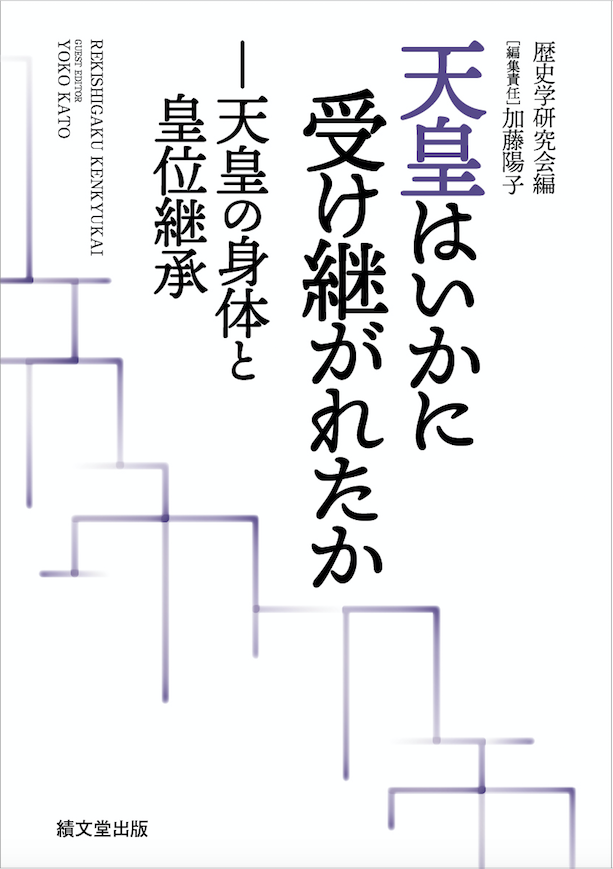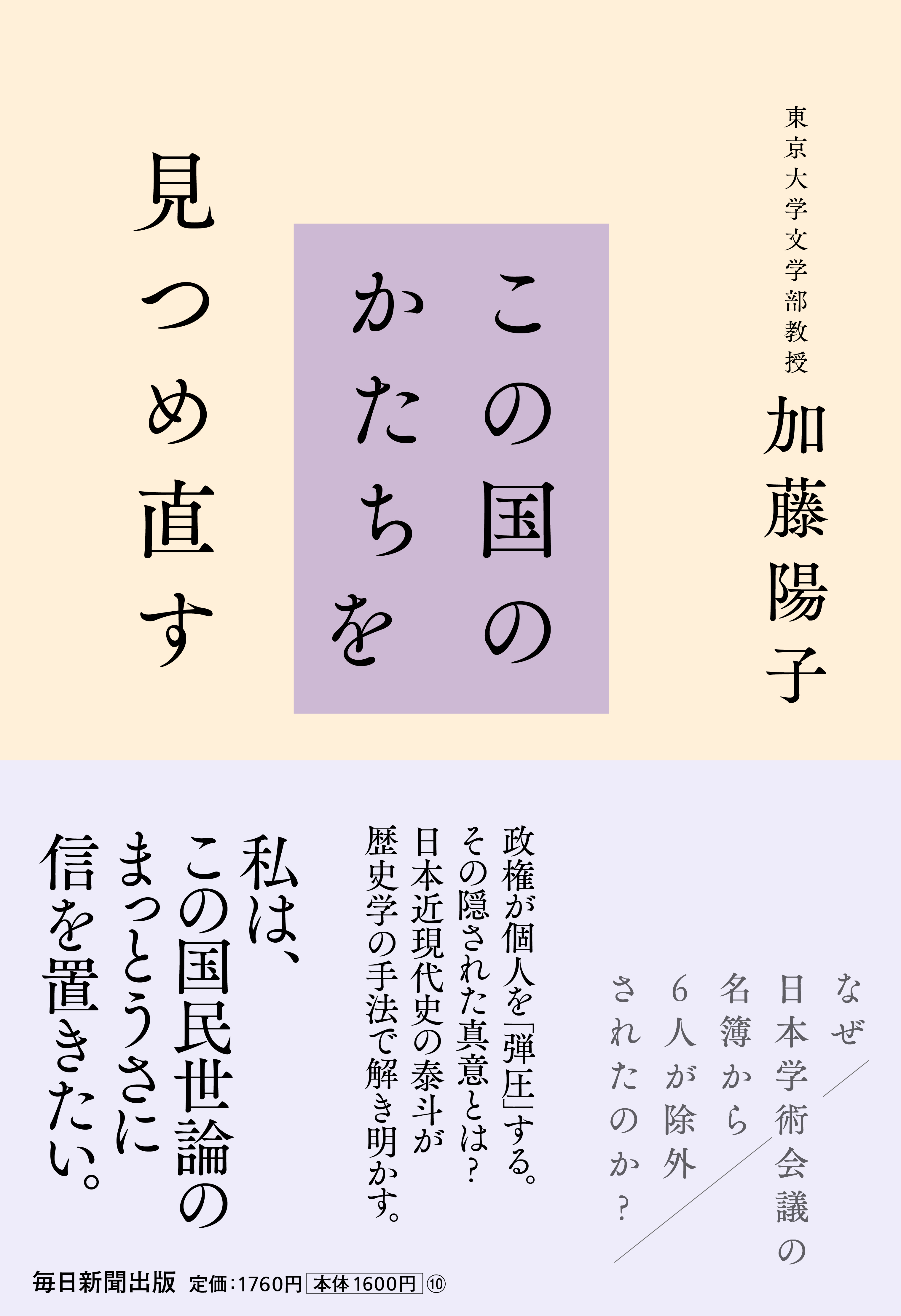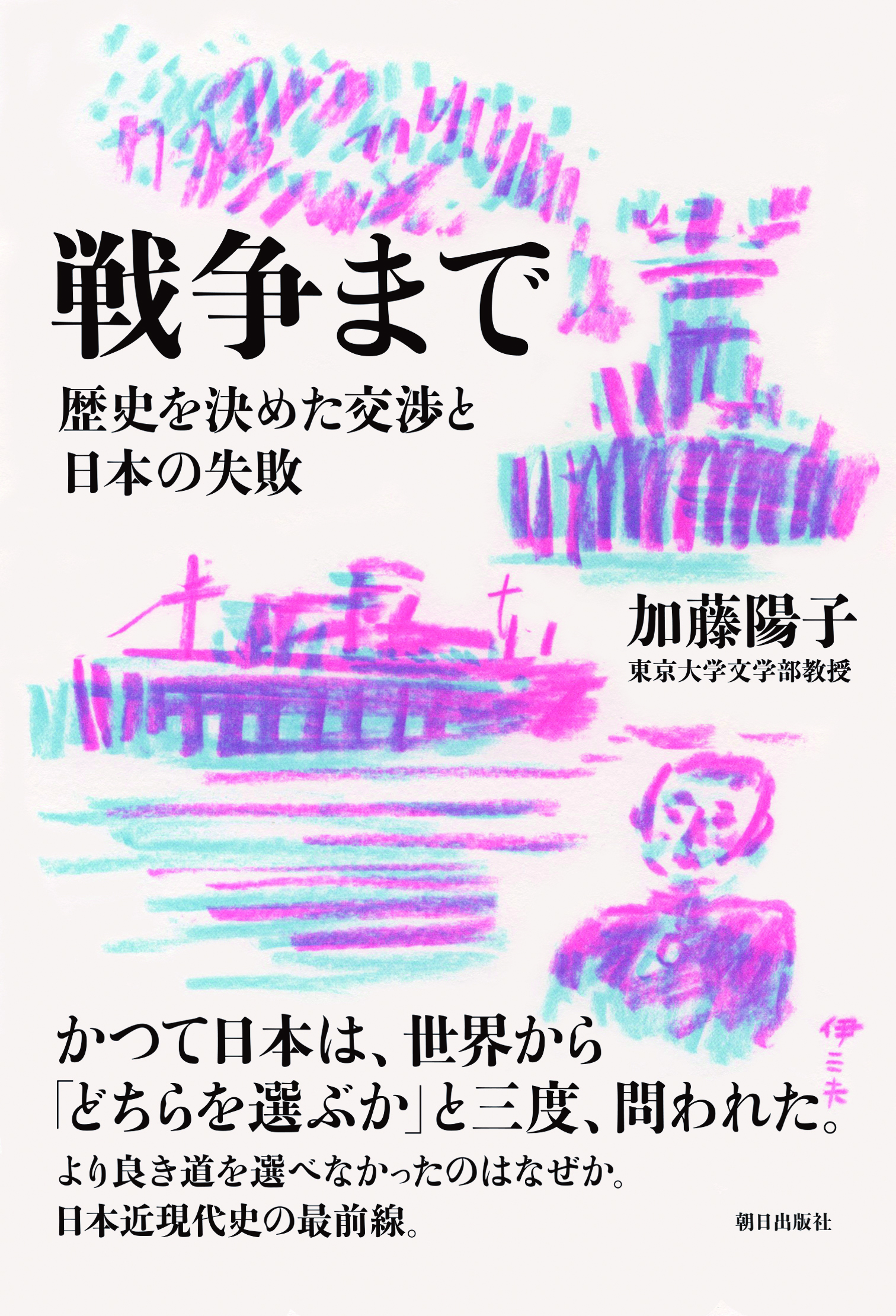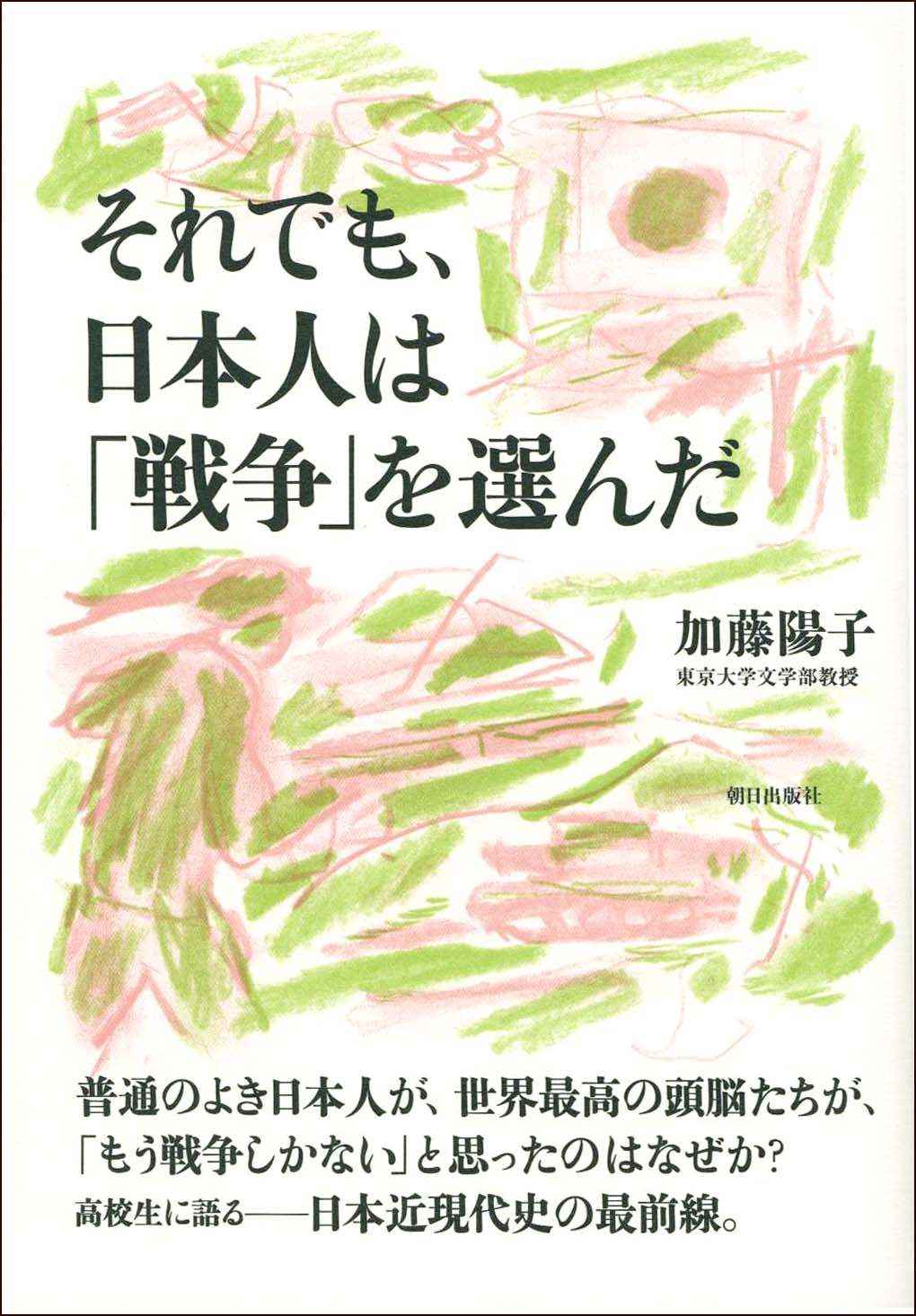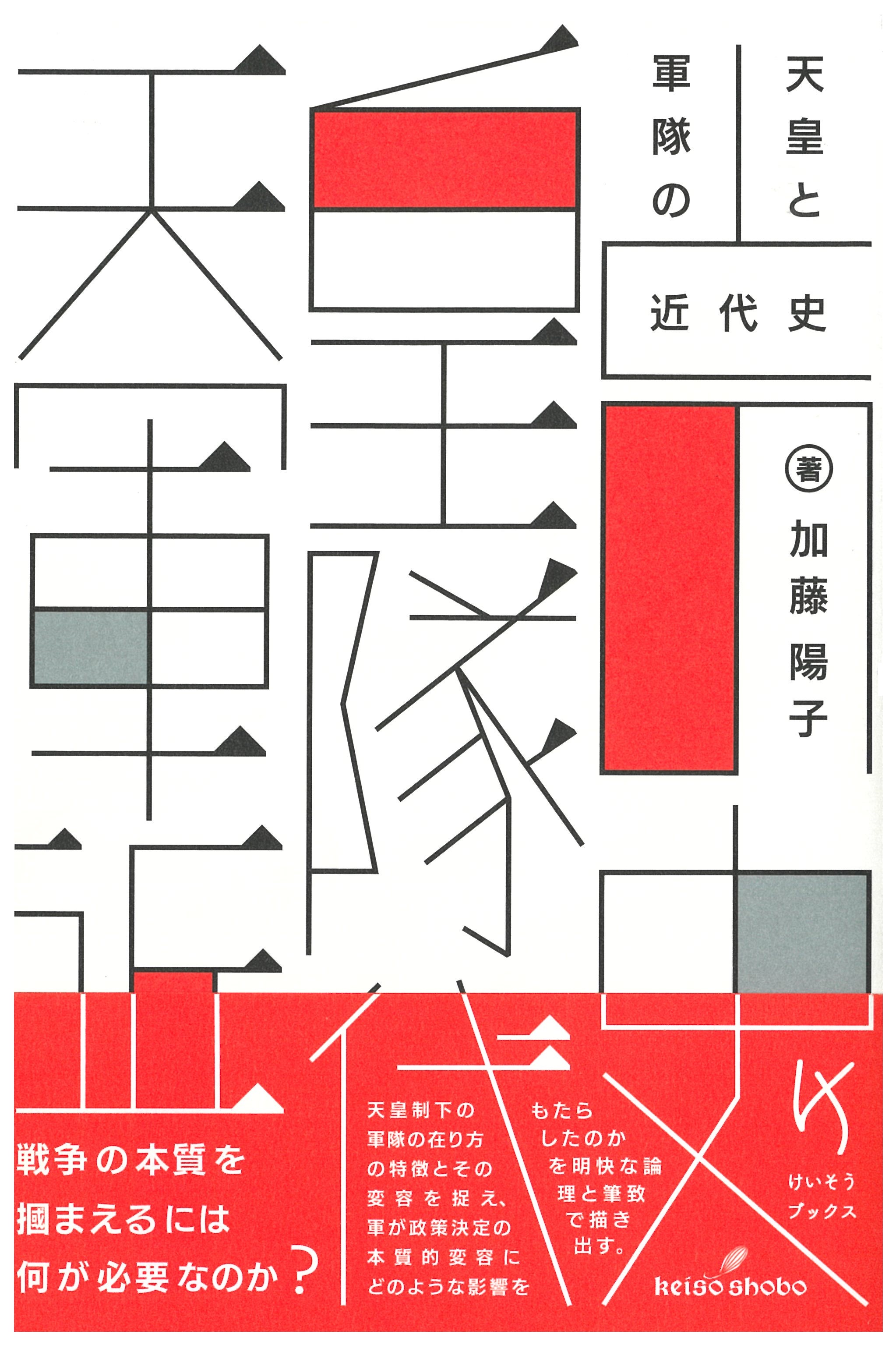
Title
[Keiso Books] Tennou to Guntai no Kindai-shi (The Modern History of the Emperor and the Military)
Size
384 pages, 127x188mm
Language
Japanese
Released
October, 2019
ISBN
978-4-326-24850-6
Published by
Keiso Shobo
Book Info
See Book Availability at Library
Japanese Page
This volume consists of eight chapters composed around the academic overview lectures that I gave to students at the College of Arts and Sciences, The University of Tokyo, and a chapter of a paper that I submitted to the Iwanami kōza: Nihon rekishi, in my capacity as a specialist in Japanese military and diplomacy in the 1930s. A portion of the volume focusses on an extensive review that I recently authored.
My first publication, Mosaku suru 1930-nendai: Nichi–Bei kankei to rikugun chūken sō, was built on the contents of my doctoral thesis which regarded the 1930s as a period when the hegemony of building an international order was transferred from Britain to the United States. Since then, I have observed that outer borders have been drawn in the form of the U.S. Neutrality Acts, from a security perspective, and that the U.S. Reciprocal Trade Agreements Acts appeared as “clouds above the hill” (a national goal), before Japan, from an economic development perspective. I have been researching by analyzing the military’s, and specifically the army’s, ability to make political statements about the security and economic conditions during that period.
The questions that supported the author’s research during this time are related to the fleeting considerations of whether “not forgetting” past sufferings or “noticing” signs of war are really such omnipotent prescriptions for thinking about war. In my opinion, not forgetting the past or noticing signs might not be enough to grasp the essence of war. Thus, rather than depicting the military from the perspective of unreasonableness and violence, I thought that it would be better to 1) depict the military, and specifically the army, as a political agent that influences the relationship between the concept of state security and diplomatic policy formation, and then, 2) describe the role of the military in the essential transformation of the government’s policy decisions.
Furthermore, I have also developed an interest in contemporary issues, such as the imperial succession by abdication that took place in the spring of 2020 at the request of Emperor Akihito (currently Emperor Emeritus), which was the first abdication in more than 200 years. The institution of the modern emperor has been supported by the principle that the emperor personally commands the armed forces. The Meiji government needed to render the military politically neutral after the Boshin War which was a civil war started by Saigō Takamori. However, the First World War raised serious questions about the intimacy between the emperor and the military, expressed as “the emperor’s trusted retainers” in the 1882 (Meiji 15) Imperial Rescript to Soldiers and Sailors, and the authority of the emperor as supreme commander, as regulated in Article 11 (supreme command) and Article 12 (organizational authority) of the 1889 (Meiji 22) Constitution of the Empire of Japan.
My recently authored survey discusses the tension between the Showa Emperor and the military during the period between the 1931 Manchurian Incident to the 1933 notice of withdrawal from the League of Nations. The year 1932 witnessed consecutive conspiracies and terrorist attacks in Japan and abroad, including the Shanghai Incident, the League of Blood Incident, and the May 15 Incident. Besides, owing to security concerns, the emperor was not allowed to attend the graduation ceremony of the Imperial Japanese Army Academy in July of that year. Moreover, this was also the year wherein Kido Kōichi and other close associates of the court were preparing for an imperial edict at par with the Charter Oath. Thus, why had the military, created as “the emperor’s trusted retainers” in the Meiji period’s first year under the principle of imperial personal command, become involved with the emperor in such circumstances? How was the Imperial Rescript to Soldiers and Sailors, which demanded political non-interference by soldiers, disregarded? This clarified the reasons for and processes of the overturning of logic that society has supported historically.
(Written by KATO Yoko, Professor, Graduate School of Humanities and Sociology / 2020)



 Find a book
Find a book


 eBook
eBook